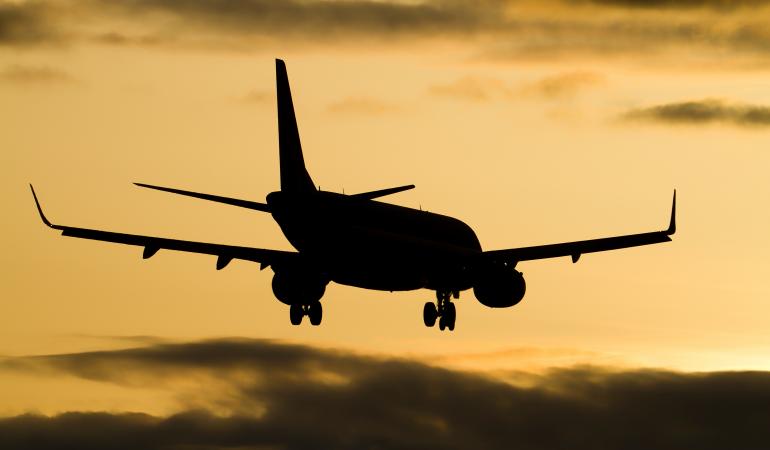
RIVM is monitoring the spread of the Omicron variant in various ways. For that purpose, the test samples taken from people who tested positive for COVID-19 are subjected to further analysis. As of Tuesday 7 December at 11:00, the Omicron variant of the coronavirus SARS-CoV-2 had been confirmed in a total of 18 people in the Netherlands. This does not include the 18 passengers from the flights that arrived from South Africa on 26 November, who were also confirmed to have the Omicron variant.
As of 26 November 2021, the Netherlands has banned flights from countries in southern Africa. People who are allowed to travel must have a negative PCR test result before departing for the Netherlands. In addition, they must go into mandatory home quarantine upon arrival in the Netherlands. When these people arrive at Schiphol Airport, they are offered a PCR test at that location. Some people do not get tested immediately after arrival, but do get tested by the Municipal Public Health Services (GGDs) later. All samples from these tests are sent to one of the labs in the Netherlands for genome sequencing. The Omicron variant has been found in 14 of these people so far.
Unknown source
RIVM is working closely with laboratories in the Netherlands. There were three laboratories in the Netherlands that routinely use a special PCR test that can detect the relevant abnormality in the spike protein. They will retroactively be checking older samples that are suspected to involve the Omicron variant. These are samples that were taken in the GGD test lanes from 25 October 2021 on. So far, RIVM has been able to confirm the presence of the Omicron variant in 4 samples. More laboratories in the Netherlands will start using the special PCR test in the near future. They will also send in samples suspected of Omicron involvement for genome sequencing. The results will be communicated to the GGDs where the samples were taken, so they can initiate source and contact tracing.
Contact with people who have the Omicron variant
If someone is diagnosed with the Omicron variant of the coronavirus SARS-CoV-2, the Municipal Public Health Services (GGDs) will initiate source and contact tracing. This will take place regardless of the person’s travel history. Close contacts of these people also need to get tested. Their samples will also be sent to a laboratory in the Netherlands for genome sequencing. No confirmed cases involving the Omicron variant have been reported to RIVM via this route so far.
Omicron variant not yet found in sewage research and pathogen surveillance
Since January 2021, RIVM has been investigating sewage samples from all across the Netherlands to detect new variants of the coronavirus SARS-CoV-2. After the Omicron variant was identified, previous data was reviewed to check for its presence. The Omicron variant has not yet been found in any sewage samples taken since 9 November 2021. The national pathogen surveillance has not found any indications of the Omicron variant yet either. Pathogen surveillance data is updated weekly on Fridays.
Omicron variant expected to spread in the Netherlands
RIVM expects that the Omicron variant will be detected in more samples in the next few weeks. Targeted research looking for the Omicron variant also increases the likelihood that this variant will be found more often. Based on reports from other countries, including South Africa and the United Kingdom, it is possible that the Omicron variant will supplant the Delta variant, becoming the dominant variant in the Netherlands.